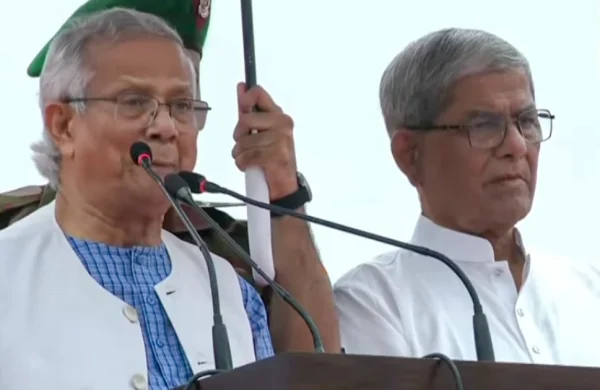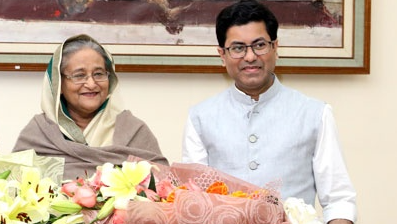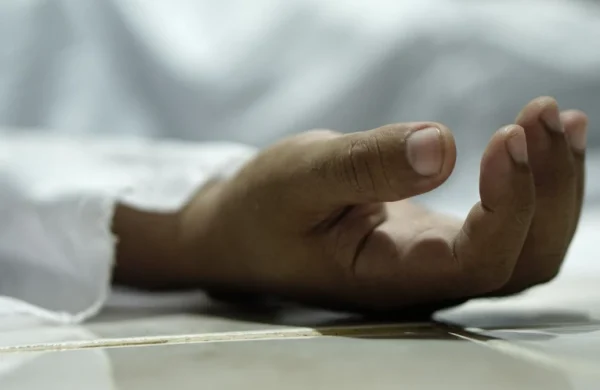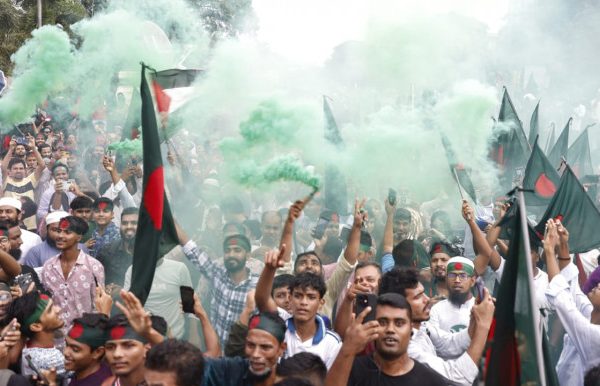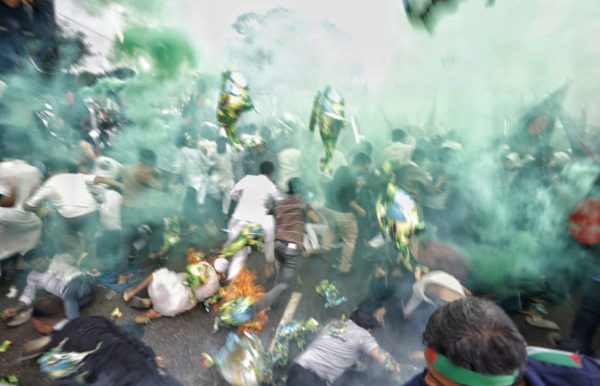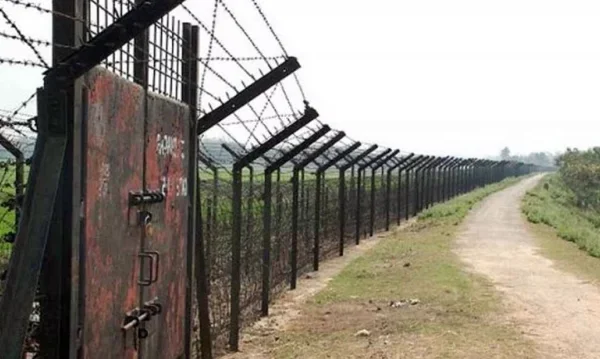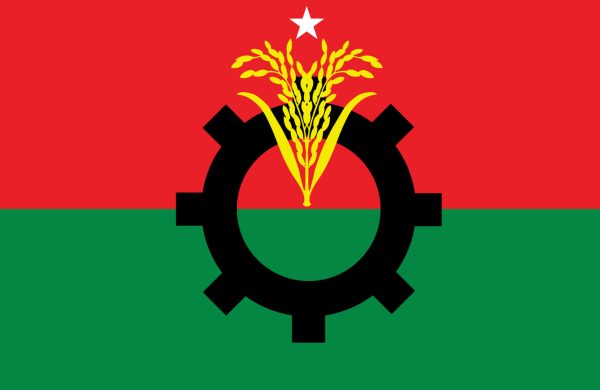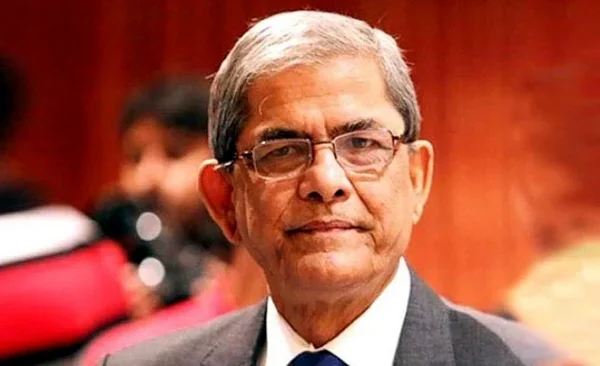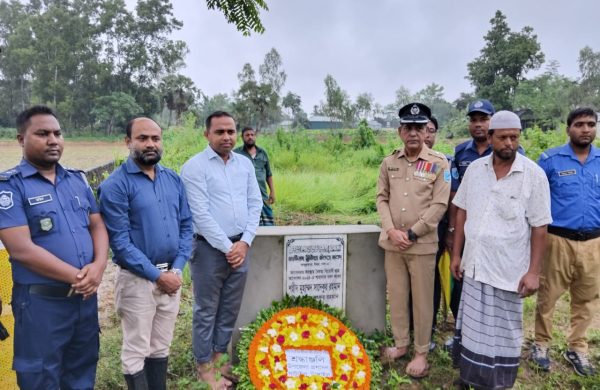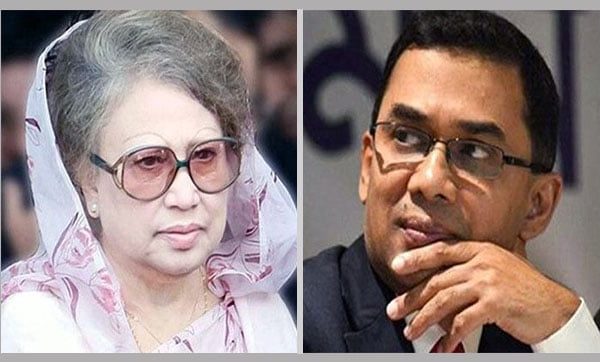Recent deadly violence: Big threat to business and new challenge to revive it
- Update Time : Sunday, July 28, 2024
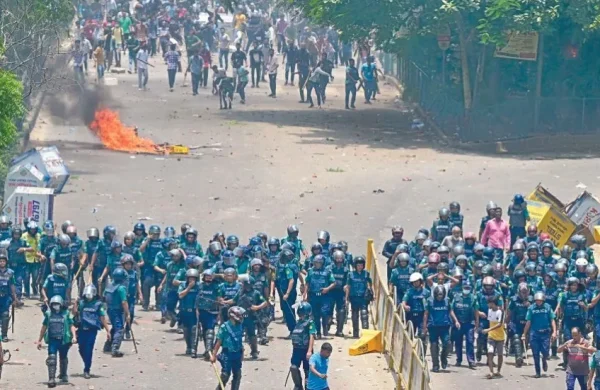
TDS Desk:
Experts and business leaders believe that the recent deadly protests, clashes and violence have severely damaged Bangladesh’s image in the global community and the country’s key challenge now is to bring back the international community’s faith.
They said that if Bangladesh fails to take the necessary steps to restore the country’s image, then the export-oriented businesses, especially the apparel sector, will gravely suffer and that may impact the country’s macroeconomy and employment.
It should be noted that Bangladesh is already suffering from a foreign exchange reserves crisis, and has secured $4.7 billion in support from the International Monetary Fund (IMF).
Besides, during the July-May period of FY2023-24, Bangladesh exports posted 5.9 per cent year-on-year negative growth and earned $37.34 billion.
In the July-April period of FY24, the apparel sector, which contributes nearly 84 per cent of export earnings, posted 6.7 per cent year-on-year negative growth, according to the central bank’s Balance of Payment (BoP) report.
Business leaders and experts said that the recent violence and the internet blackout during the period will impact the exports and that only quick credible and necessary steps could help the country avoid a long-term crisis.
Considering the protest was a populist movement, Dhaka University’s International Relations Department Professor Imtiaz Ahmed told , “Such movement occurred from a long-standing grudge, and when it turned violent, a third party tried to use it to their benefit.”
“It is true that the recent protests were more violent than the previous ones, and it damaged our reputation. In this situation, what should the government do? They must accept the students’ demands and analyse the reason behind [all that happened],” he said.
He said, “The government should take credible measures as per the people’s demands and reform every single institution in the country. When people see the government taking steps as per their demand, they will have faith. The international community will be convinced as well.”
“But if the government believes that there is no need to care about people’s demands as they have brought everything back under control, then they will have to be prepared to face the same populist movement,” Imtiaz added.
He said the government should understand that in 2018 and 2019, two populist protests took place and there was no leadership. “So, it is impossible to stop peoples’ voices forcefully.
“The government should play its role as the government of Bangladesh, not as a single party or group. They have to stop corruption, restore peoples’ faith, remove discrimination and ensure democracy. When that happens, our reputation will go back to its place automatically.”
PROTESTS HURT THE ECONOMY
From the beginning of this month, Bangladesh witnessed a historical student movement, which demanded the reformation of the quota system in government jobs.
After suffering attacks allegedly carried out by ruling party supporters and facing a crackdown by law enforcement agencies, Baishamya Birodhi Chhatra Andolon, the platform leading the students and job seekers seeking quota reform through peaceful demonstrations, announced a “Complete Shutdown” across the nation starting from July 18.
However, the protests turned into severe violent incidents as students were forced to clash with law enforcers, leading to numerous casualties. The situation went out of hand when unknown groups of people used the clashes to battle it out with law enforcers and launch attacks on government establishments around the country from that evening.
As violence continued the next day, the government from July 19 midnight was forced to impose a curfew and deploy the Bangladesh Army nationwide to bring the situation under control. Afterwards, it took several days before the army and other security forces brought back the normal environment in Dhaka and elsewhere.
However, this crisis reportedly left more than 200 people dead and thousands injured across the country.
Since July 19 evening, Bangladesh has been facing an internet blackout. While broadband internet was partially restored on July 23, the government has been working on fully restoring the connection. It is yet to be confirmed when the connection, including mobile internet, will be fully restored.
While complete normalcy is returning every day more and more with longer relaxed hours during the day amid the curfew, many industries and factories started production last Wednesday via special permission from the authorities concerned.
Apparel sector leaders have claimed that they suffered a direct loss of about Tk 6,500 crore every day during the curfew and internet shutdown but the indirect loss would be much bigger.
In the meantime, the violent situation also grabbed the special attention of the international media. Many of them, including Al Jazeera, DW, BBC and the New York Times, had criticised the Bangladesh government in their editorials and reports.
Many media also focused on the use of instruments with the logo of the UN peacekeeping missions by the army when it was deployed to bring back normalcy across the country.
Many international media reports also brought attention to the European Union (EU) about Bangladesh’s GSP facility, asking whether the country was still eligible.
Faruque Hassan, a director of the Federation of Bangladesh Chambers of Commerce and Industries, said, “This happened because of the internet shutdown. Bangladesh had faced reputation crises in the past, but we were able to convince them [foreign buyers] as communication channels were open. This time, it will be tougher but not impossible.”
“We have to address every single issue and try to solve them. Only credible logic and interpersonal communication will save us from the crisis. Efforts of Bangladesh’s embassies will be most important here,” he said.
JOINT EFFORT NECESSARY
Business leaders believe that a joint effort has become important under the circumstances and businesses have already started doing their part. But the government should start playing its key role as soon as possible.
Faruque, also the former president of Bangladesh Garment Manufacturers and Exporters Association (BGMEA) and the honorary consul general of Greece in Dhaka, said there are two parts in the work to restore the country’s image among the global community.
“The government must play a big role in restoring reputation. Starting negotiations through diplomatic channels and a credible investigation of the massacre would be the best policy.
“On the other hand, businesses and apex bodies will have to regularly talk to buyers to grow their confidence,” he said.
Faruque further said, “The EU and the United States are the most important destinations and BGMEA will play a vital role. BGMEA has maintained a good relationship with the businesses and ambassadors of these destination countries and now it should start dialogues with them.
“We have to assure them that there is no relation between the violence and businesses. We have to let them know that, ‘you can do smooth business with us’.”
Senior Vice President of BGMEA Khandoker Rafiqul Islam said, “Our priority is to grow the confidence of our buyers. We plan to start a dialogue with the Buyers’ Forum [a platform of RMG buyers’ representatives in Bangladesh], where we will address our present condition.”
Bangladesh Employers’ Forum Director Fazlee Shamim Ehsan said, “Internet blackout severely damaged our reputation as the international community was in the dark about the situation in Bangladesh during the time.
“So many rumours spread during the violent situation and the international community failed to verify them. They also could not get any update regarding their products.”
“It is difficult to say how many buyers have or would have shifted from Bangladesh to our competitor countries. The government should take necessary action and help us to restore their confidence,” Ehsan added.


